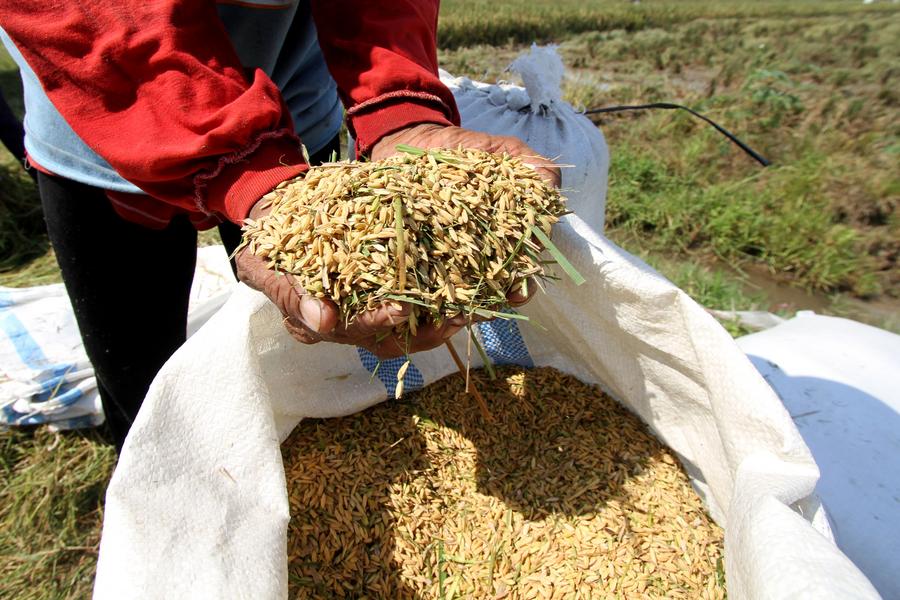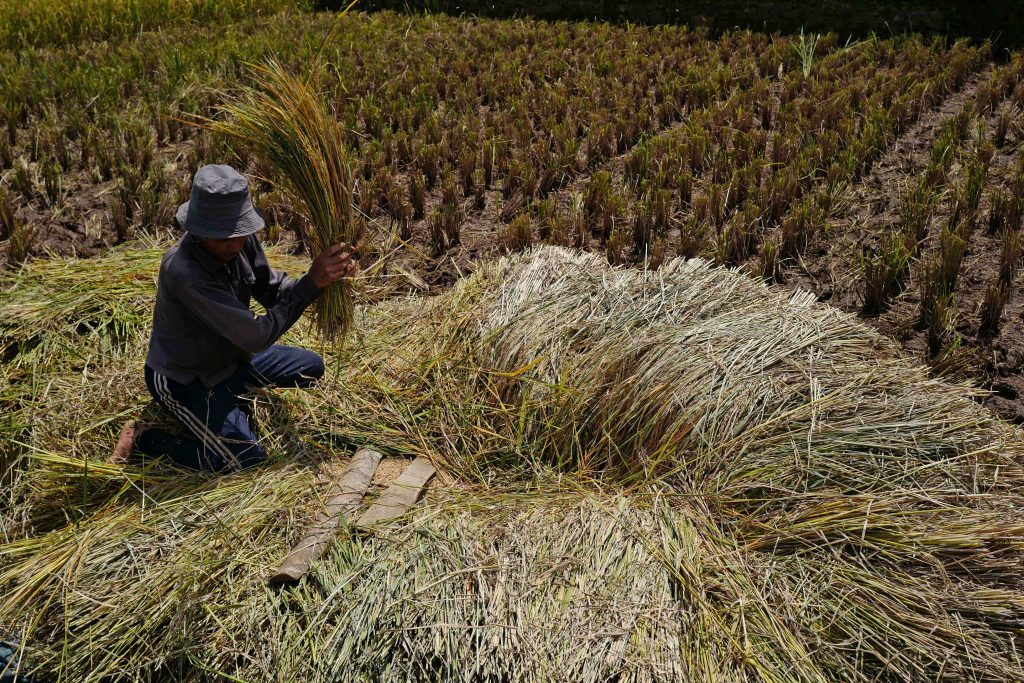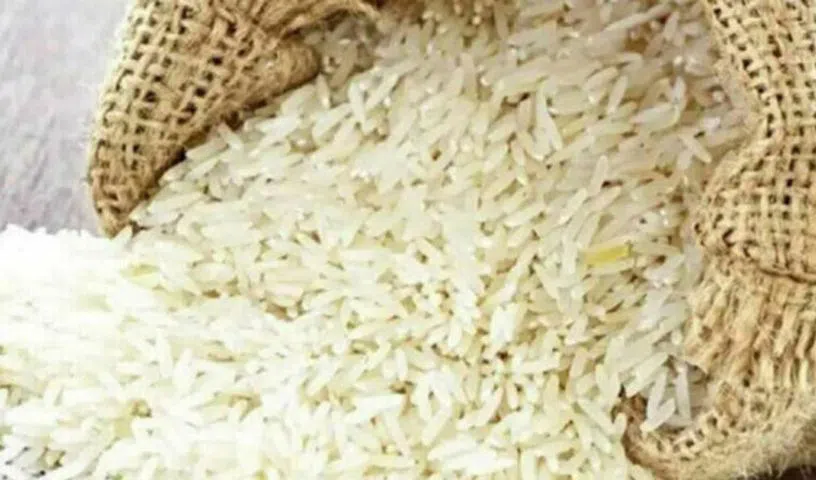Tags
Rice mills in Nigeria closedown after India’s ban on rice exports

The decision of the Indian government in July to halt the exports of the popular non-basmati rice as a measure to keep prices low in the country is having ripple effects far away from Nigeria.
This is according to a report from VOA.
Nigeria and other West African countries are most reliant on rice imports from India to meet local demands. Although Nigeria has made huge efforts in cutting down its rice imports over the past few years, it still relies on imports to augment local production. In 2021, the country imported $ 5.78 million worth of rice from India.
Following the ban on rice exports in India, local rice millers have been forced to shut down production oversupply scarcity.
Rice mill owners speak
- Speaking to Voice of America (VOA), Muhammad Salisu Kuna, a rice mill owner in Kano stated thus, “The Indian rice export ban affected us. The absence of Indian rice has led to a shortage of locally grown rice. It is not sufficient to the number of mills and that has caused the price of rice to soar”
The Central Bank’s effort to ensure the country meets its local demand for rice saw the processing capacity rise from 350 thousand metric tonnes in 2015, to almost 3 million metric tonnes in 2022.
Speaking further, Muhammad Sani of the Rice Farmers Association of Nigeria noted that about fifty rice mills have been forced to shut down in Kano state alone over the scarcity of rice.
- In his words, “The absence of Indian rice coupled with Nigeria’s border closure with the Niger Republic because of sanctions and farmers’ inability to access their farms because of bandits is hitting hard on rice mills”
The recent increase in rice prices
In the past few months, the price of rice has increased significantly in the market. According to an investigation by Nairametrics, the price of rice in local markets increased by 29% within two months.
The latest food price watch by the National Bureau of Statistics reveals that the price of a kilo of rice increased from N555.18 in May to N608.20 in June 2023.
For the past three years, a slew of factors has seen food prices, especially grains, increase beyond the reach of the poor. The war in Ukraine, insecurity, flooding of 2022 and others can be attributed to being responsible for food price increase.
To stem this increase, the Federal government has declared a state of emergency on food production and recently ordered the distribution of grains across the country.
https://nairametrics.com/2023/08/30/rice-mills-in-nigeria-closedown-after-indias-ban-on-rice-exports/Published Date: August 30, 2023







